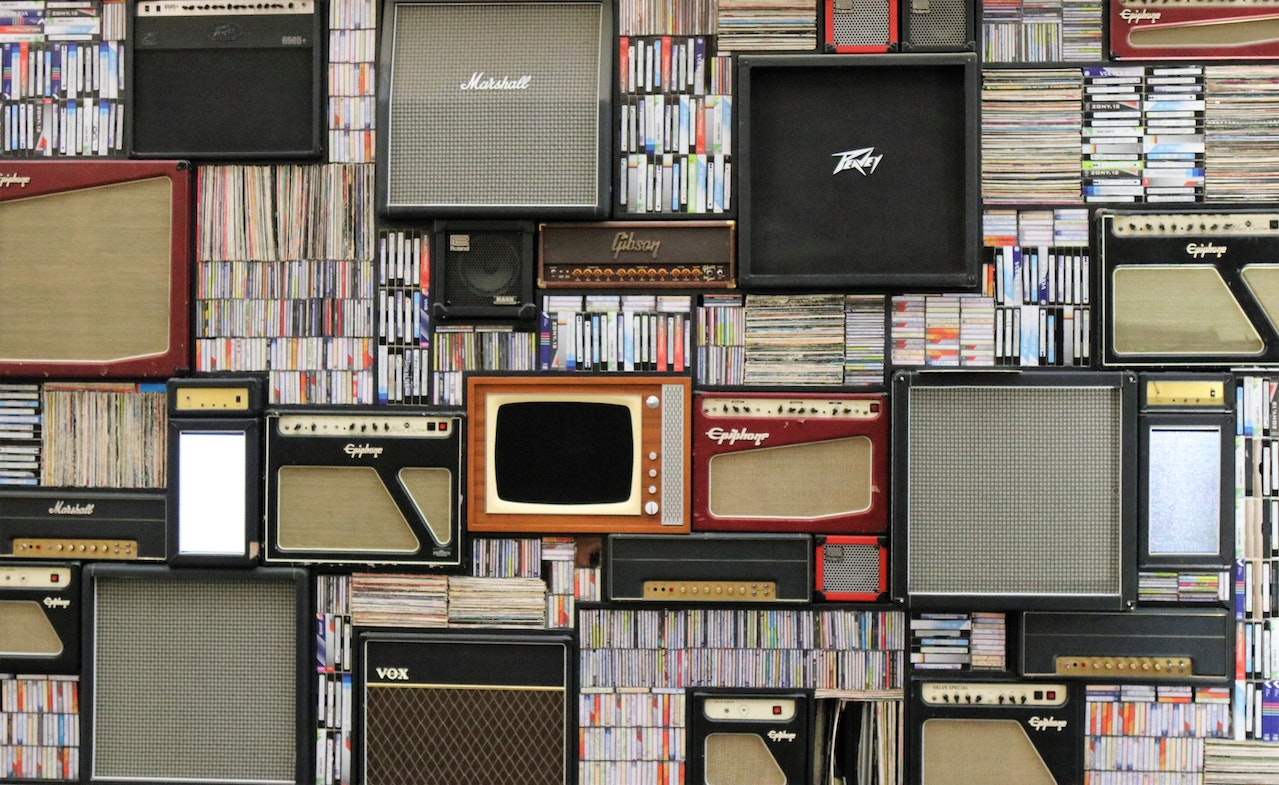How to Choose the Right Sources of Information?

A person who possesses information rules the world. This statement is surely true! When you know the correct information about something, you can draw the right conclusions, and undertake effective methods to reach your goal. Students know a lot about finding and using the information to complete their academic tasks. Oftentimes, they find the necessary answers on the Internet, which is a huge hub of all kinds of data.
For example, the right source may explain to you how to write an essay, term paper, book review, and any other academic paper. Yet, some students have problems with distinguishing between relevant and irrelevant information sources. It is vital to recognize what site or article can be trusted. Otherwise, you may disclose a topic with weak argumentation that cannot be proved. As a result, such a paper will be worthless. We have written this useful guide that clarifies how to choose the right sources of information.
Define Search Objectives
Your first step is to figure out what are the main search aims. There are vital things you should always keep in mind when you start to look for evidence. Make allowances for the next essentials:
- Distinguish between primary and secondary sources;
- Select the right strategies to locate relevant print and electronic resources;
- Find out when it is better to use human sources (interviews, surveys, statistics, eyewitness testimony, experiments, etc.);
- Understand what criteria are effective to evaluate research resources;
- Realize that not all electronic resources can be trusted.
Go to the Local Library
The last point in our list states that not all digital resources are reliable. Unfortunately, it is true. Although the Internet offers a great variety of useful sources, they should not be trusted blindly. At times, people add irrelevant data. Some users do that intentionally. Other users may “believe” they add the right data, but it’s not so. Finally, some folks simply express their opinion, but naïve students think that this is the official data.
When you go to a library, it is a completely different story! The city’s local libraries or your college library surely contain verified data. You may use any book without fear that you will be misguided. Everything is proven. The only drawback of print sources is their “freshness”.
Many books, articles, almanacs, etc., are very old. It is vital to stay updated because science, technology, and other spheres do not stop. They develop every day and each time humankind receives something newer and better. Be careful with too old print sources. It’s vital to be sure that nothing new has been invented or found recently. The Internet may help to check updates.
Consult a Reference Librarian
When you go to your college library, do not bypass your librarian. He or she is the walking encyclopedia and index in one person. The reference librarian is all-mighty and liberty is his/her kingdom of knowledge. Obligatorily ask him or her to recommend the right literature according to your subject and topic. Thanks to those instructions, you will quickly find what can help you with your task. It will save heaps of precious time.
Use Primary and Secondary Sources
Your academic paper is supposed to use primary and secondary sources of information. They are the core of your research and help to prove the theory officially. They can come in printed and digital forms.
Many students mess up what are primary and secondary sources. The primary sources are straightforward, direct, and firsthand. Commonly, these are:
- Research or scientific articles;
- Experiments, studies, surveys, etc.;
- Literary texts;
- Autobiographies;
- Encyclopedias;
- Almanacs;
- Historical documents and other sources.
When it comes to secondary sources of information, we should mention the ones that discuss, analyze, and rework primary data. These are magazine articles, biographical books, scientific reviews, documentaries, and so on.
Is the Internet That Bad?
Now, we would like to return to electronic sources of data. Are they lost and hopeless? Of course, they are not! You can find heaps of reliable and useful sources to cover whatever topic you need. You only should be very careful and verify every source you find.
The most reliable sources are scholarly, peer-reviewed, and other credible sources. You should use the sites that end with .edu, .gov, and .org. These are official sites that offer verified data. Do not trust Wikipedia too much. It’s better to use the official sites of colleges, government, scientific projects, organizations, articles, and so on.
The Bottom Line
You should always verify the information sources you use when you cover your essays and other academic papers. If they are scientifically based, you just have no right to use unchecked and non-authoritative data. Always prove your theories with evidence that can be trusted! This is one of the clues to your academic success regardless of the subject, assignment type, and topic you need to complete.